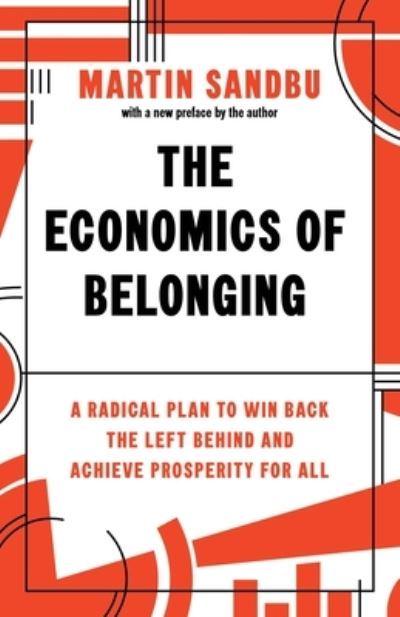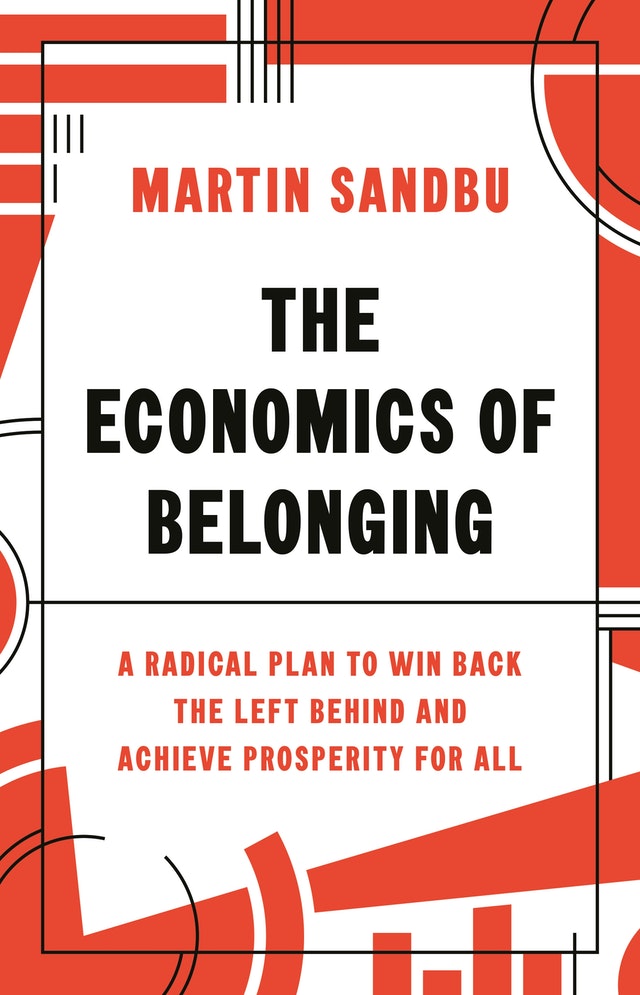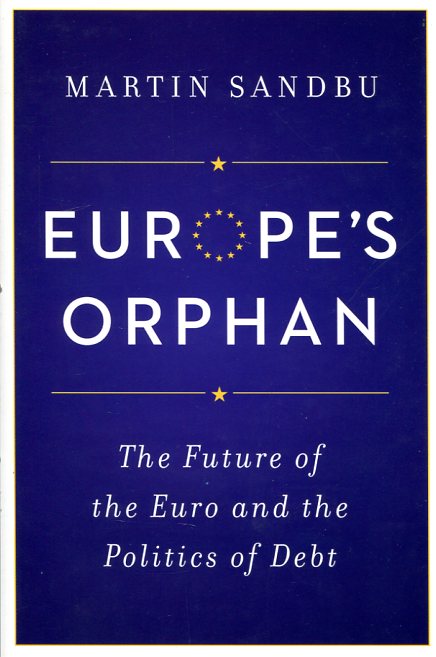The economics of belonging
a radical plan to win back the left behind and achieve prosperity for all
- ISBN: 9780691228907
- Editorial: Princeton University Press
- Fecha de la edición: 2022
- Lugar de la edición: Princeton (NJ). Estados Unidos de Norteamérica
- Encuadernación: Rústica
- Medidas: 22 cm
- Nº Pág.: 304
- Idiomas: Inglés

A radical new approach to economic policy that addresses the symptoms and causes of inequality in Western society today
Fueled by populism and the frustrations of the disenfranchised, the past few years have witnessed the widespread rejection of the economic and political order that Western countries built up after 1945. Political debates have turned into violent clashes between those who want to "take their country back" and those viewed as defending an elitist, broken, and unpatriotic social contract. There seems to be an increasing polarization of values. The Economics of Belonging argues that we should step back and take a fresh look at the root causes of our current challenges. In this original, engaging book, Martin Sandbu argues that economics remains at the heart of our widening inequality and it is only by focusing on the right policies that we can address it. He proposes a detailed, radical plan for creating a just economy where everyone can belong.
Sandbu demonstrates that the rising numbers of the left behind are not due to globalization gone too far. Rather, technological change and flawed but avoidable domestic policies have eroded the foundations of an economy in which everyone can participate-and would have done so even with a much less globalized economy. Sandbu contends that we have to double down on economic openness while pursuing dramatic reforms involving productivity, regional development, support for small- and medium-sized businesses, and increased worker representation. He discusses how a more active macroeconomic policy, education for all, universal basic income, and better taxation of capital could work together for society's benefit.
Offering real answers, not invective, for facing our most serious political issues, The Economics of Belonging shows how a better economic system can work for all.
PART I. WHAT WENT WRONG?
1 The End of Belonging 3
2 Who Are the Left Behind? 17
3 Culture versus Economics 37
4 Half a Century of Policy Mistakes 50
5 Scapegoating Globalisation 71
PART II. WHAT IS TO BE DONE?
6 Economics, Jobs, and the Art of Car Maintenance 95
7 Economic Policies for Empowerment 111
8 Macroeconomic Policy for the Left Behind 131
9 A Smarter Financial System 148
10 A Tax Policy for the Left Behind 168
11 Whose GDP? 188
PART III. THE WAY FORWARD
12 Globalisation with a Human Face 211
13 Beyond Left and Right 229









